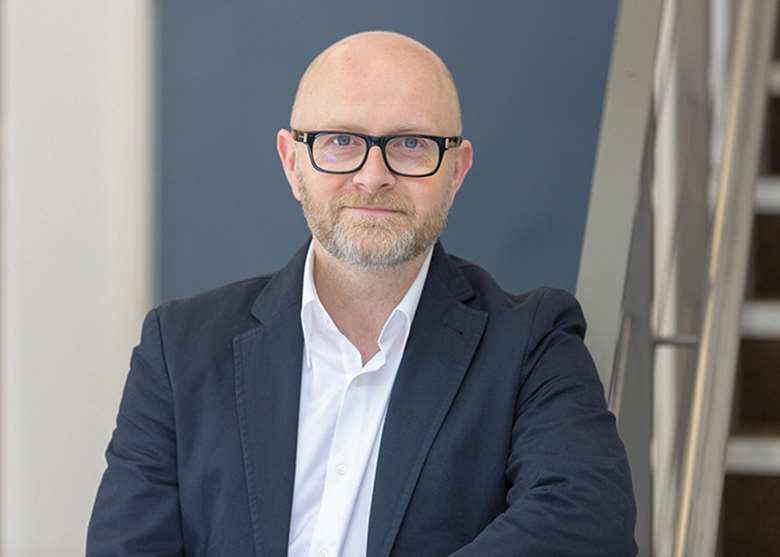Run, don't walk! Getting children to be more active
James Hempsall
Tuesday, May 31, 2022
I am reflecting on chairing a work webinar about supporting children’s healthy food and activity choices.

It finished moments ago. The statistics from the NHS’ National Child Measuring Programme were shared and they were nothing short of startling. There is a clear link with the pandemic. It has made what was already a concerning picture even worse.
Childhood obesity is a significant problem, we all know that.
We hear it often enough. And children are soaking up the messages, the misinformation, the emotional anxiety and confusion, like sponges. It is having counter-effects. Their relationships with food, their sense of body image and self-esteem are askew.
The obesity rates in children have been fairly static since 2006. For reception aged children (that’s those aged four and five years) around 23 per cent were found to be obese or overweight. Almost a quarter of all children. Let us not skip over that fact without pausing for a moment. But since the pandemic rates have increased to almost 28 per cent. That’s a five per cent jump upwards. Those classed as obese have risen from 9.9 per cent to 14.4 per cent (another five per cent leap), and severely obese children have doubled and are now 4.7 per cent from 2.4 per cent.
What is even more depressing is things progressively worsen by the time children are in year six (aged 10 and 11 years). By then the rates (2020-2021) are obese and overweight 40.9 per cent, obese 25.5 per cent, and severely obese 6.3 per cent. This data is staggering. What was once atypical is now becoming the norm. I wonder how long it will take for the norm to become the majority?
The solutions are out there, we know that to solve the problem healthier food choices and physical movement combine to be the answer. But I fear we are not all being bold and ambitious enough in changing the ways we all behave and structure the lives of our children and young people.
Once a playworker, always a playworker I say. And that indeed was one of my earliest jobs. I learned then its potent power and how it could change lives. I noticed how active learning is hugely impactful. After all, it suits the learning style of so many of us. But alas, too often the emphasis in schools and elsewhere is placed upon sitting down, making small marks on paper, walking not running, over stating health and safety risks, and tightly packed timetables crammed to bursting with biased and judgemental ‘learning’ curricula, leaving creativity and activity on the cutting room floor.
Can someone, somewhere please have the courage to reinvent this learning wheel? I heard the other day a story of how a boy had been found to be unable to settle in class, no doubt wanting and needing to expend pent-up energy fuelled by whatever was happening in his life, psychology and physiology. The response was to remove his opportunity for a breaktime. I would have proposed a longer break time myself.
I call for lots of running in corridors, for children to be seen and heard, for freer timetabling, equality in curricula, for active and engaging learning, problem solving, outdoor time and learning, and break times as rewards and solutions to needs (sometimes called punishments or detentions, by people who really should know better). There should be healthier school food that children will want to eat as they will be so happy and ravenously hungry after all this activity.
I am not asking for much. It is a simple premise, but lots of things are getting in the way driven in no small part by the fact that those that succeeded in the ways things are, have found themselves in the very positions that decide how things should be in the future. I am pretty sure such changes would result in happier, healthier children, and would easily reverse that trend in those disturbing graphs and stats.
James Hempsall is director of Hempsall’s Consultancy




